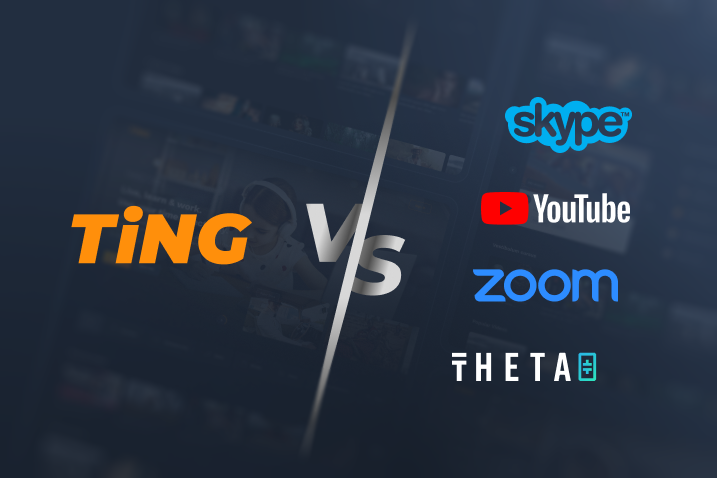In New York, the trial of crypto trader Avi Eisenberg opened on Tuesday following the selection of a 15-member jury by a federal judge. The proceedings, which are anticipated to last for two weeks, will scrutinize Eisenberg's actions in October 2022, focusing on his implementation of a trading strategy that severely impacted Mango Markets, a previously well-regarded platform for cryptocurrency speculation on the Solana blockchain.
This trial marks a significant step in the efforts of U.S. authorities to regulate offenses within the decentralized finance (DeFi) sector, a domain of cryptocurrency trading that operates under the principle that "code is law." Unlike its more tightly regulated counterparts in the realm of centralized finance, such as Coinbase, Mango Markets relies on smart contracts for its trading, borrowing, and lending activities.
According to prosecutors, the accused, Avraham Eisenberg, manipulated the market on October 11, 2022, by drastically increasing the value of certain swaps by 1300% within a mere 20 minutes. Following this surge, he allegedly used anonymous accounts to take loans against the artificially inflated contracts and then fleed with the funds. However, Sanford Talkin, Eisenberg's attorney, countered that Eisenberg's actions were within the bounds of the unconventional norms governing the cryptocurrency sector, highlighting that traders in this market often do not need to disclose personal details, prove their creditworthiness, or confirm their intent to repay borrowed sums.
Talkin further elaborated that Eisenberg had invested $13 million of his own funds in this strategy, operating within a segment of the cryptocurrency market known for its high stakes and the potential for rapid, significant returns. According to the defense, this was simply a demonstration of a successful and legitimate trading strategy within the parameters of decentralized finance (DeFi).
Mango Markets, the platform at the center of this controversy, operates through smart contracts and is managed by a decentralized autonomous organization (DAO), facilitating borrowing, lending, and trading of cryptocurrencies. The case against Eisenberg, which involves allegations of commodities fraud, commodities manipulation, and wire fraud, is one of the first instances where a U.S. criminal jury is tasked with determining the legality of DeFi transactions.
The prosecution, on the other hand, likened Eisenberg's maneuvers to those of a scam artist, accusing him of artificially inflating the value of assets to deceive Mango Markets into releasing over $110 million in cryptocurrency, an act they equate with theft. Eisenberg allegedly executed his strategy under the guise of a female Ukrainian account owner before fleeing the U.S. within a day.
Notably, Eisenberg had agreed to return $67 million to the Mango DAO shortly after his departure from the U.S., a move prosecutors suggest was an attempt to avoid legal repercussions. Despite this repayment, Eisenberg, who was residing in Puerto Rico at the time, was apprehended upon his return to the island in late December 2022 and has been detained ever since, with authorities deeming him a flight risk.
The trial is expected to last two weeks and may have significant legal implications for DeFi and digital finance.








